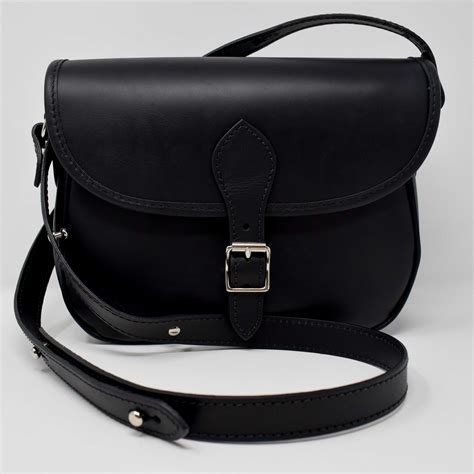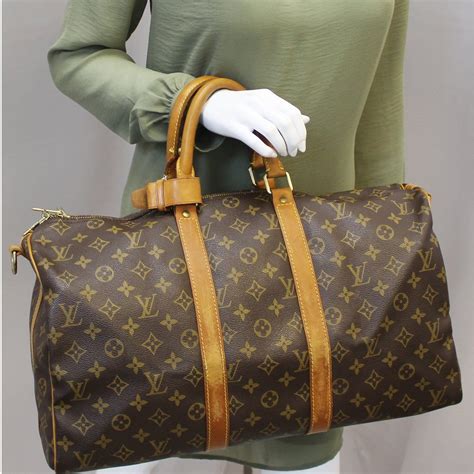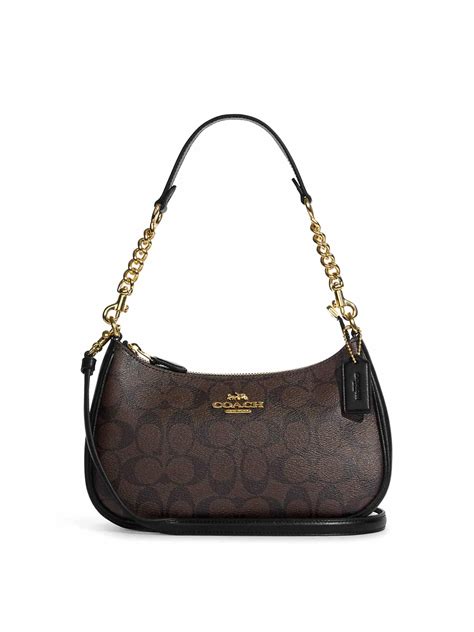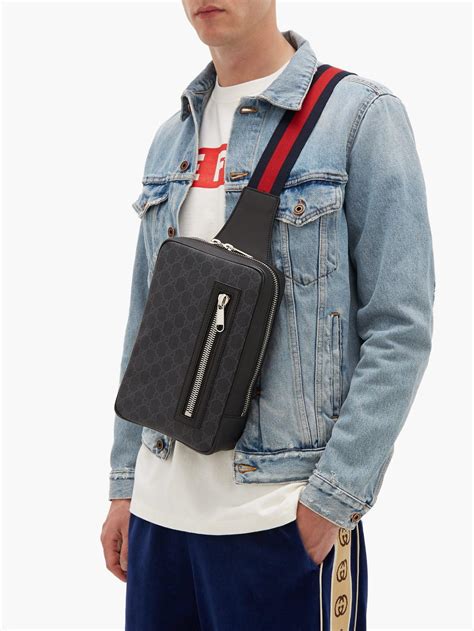louis vuitton sent gucci bags | Gucci and Louis Vuitton collab
$124.00
In stock
First things first: Louis Vuitton did not send Snooki any Gucci bags. This claim, which was made by Snooki herself on an episode of Jersey Shore, was actually a humorous (and likely embellished) anecdote that has, over the years, taken on a life of its own. It's a testament to the enduring power of both brands, Gucci and Louis Vuitton, that such a seemingly insignificant remark could spark such ongoing fascination. The mere thought of Louis Vuitton, the epitome of French luxury, sending bags from its Italian rival, Gucci, is inherently absurd and underscores the complex, competitive, and often intertwined relationship between these two fashion titans.
This article delves into the enduring rivalry between Louis Vuitton and Gucci, exploring various facets from brand perception and product offerings to potential collaborations and the enduring cultural impact they both wield. We’ll touch on everything from the alleged Snooki incident to the nuances of their respective styles, examining their strengths and weaknesses in the fashion landscape. We’ll also explore the topics of Gucci vs Louis Vuitton brand, Gucci and Louis Vuitton song, Gucci vs Louis Vuitton review, Louis Vuitton versus Gucci belts, Gucci and Louis Vuitton airpods, Gucci and Louis Vuitton belts, Louis Vuitton vs Gucci chanel, and Gucci and Louis Vuitton collab.
The Genesis of a Rivalry: Heritage and Brand Identity
Both Louis Vuitton and Gucci boast rich histories, tracing their origins back to the 19th and early 20th centuries, respectively. Louis Vuitton, founded in 1854, initially focused on crafting durable and stylish trunks for a burgeoning travel market. Their flat-topped, stackable trunks revolutionized travel and quickly established the brand as a purveyor of high-quality, innovative luggage. The iconic Monogram canvas, introduced in 1896, further solidified Louis Vuitton’s position as a symbol of luxury and status. The Monogram, designed to combat counterfeiting, ironically became one of the most recognizable and copied patterns in the world.
Gucci, founded in 1921 by Guccio Gucci in Florence, Italy, began as a leather goods company specializing in equestrian-inspired accessories. The brand quickly gained a reputation for its craftsmanship and use of high-quality materials. The iconic bamboo handle bag, created in the post-war era due to leather shortages, became a signature Gucci piece, showcasing the brand's ability to innovate and adapt. The Gucci web stripe, inspired by saddle girths, is another instantly recognizable motif that contributes to the brand's distinctive identity.louis vuitton sent gucci bags
While both brands share a commitment to quality and craftsmanship, their aesthetic approaches have historically differed. Louis Vuitton has traditionally leaned towards a more classic and refined style, emphasizing functionality and timeless elegance. Gucci, on the other hand, has often embraced a bolder and more flamboyant aesthetic, characterized by vibrant colors, intricate patterns, and a touch of Italian flair.
Gucci vs Louis Vuitton Brand: Perception and Market Positioning
The perception of each brand is a crucial element in understanding their rivalry. Louis Vuitton is often perceived as the more established and traditional luxury brand, associated with timeless elegance and understated sophistication. It appeals to a clientele that values heritage, quality, and a sense of enduring style. The brand's focus on travel and craftsmanship resonates with consumers seeking investment pieces that will last a lifetime.
Gucci, in recent years, has undergone a significant transformation under the creative direction of Alessandro Michele. The brand has embraced a more eclectic and maximalist aesthetic, appealing to a younger and more fashion-forward audience. Gucci is now associated with bold self-expression, individuality, and a willingness to push boundaries. The brand's collaborations with artists and influencers have further cemented its position as a cultural trendsetter.
This difference in perception is reflected in their market positioning. Louis Vuitton, while embracing contemporary trends, remains anchored in its heritage and classic designs. Gucci, on the other hand, has actively sought to redefine luxury for a new generation, blurring the lines between high fashion and streetwear.
Gucci and Louis Vuitton Song: Cultural Influence and Artistic Expression
The cultural influence of both brands extends beyond the realm of fashion. Gucci and Louis Vuitton have become synonymous with luxury and status in popular culture, frequently referenced in music, film, and television. The mention of either brand in a song often serves as a shorthand for wealth, success, and aspirational lifestyles.
While there isn’t a single, definitive "Gucci and Louis Vuitton song," numerous artists across various genres have referenced the brands in their lyrics. Rappers, in particular, often incorporate Gucci and Louis Vuitton into their songs to convey themes of luxury, materialism, and street credibility. These references are often used to highlight the artist's success and their ability to afford these coveted brands.
The use of these brands in music underscores their cultural significance and their ability to resonate with a broad audience. They are not just fashion brands; they are symbols of aspiration and achievement.
Gucci vs Louis Vuitton Review: Product Offerings and Quality
When it comes to a product-by-product review, both brands excel in different areas.
Additional information
| Dimensions | 7.1 × 4.8 × 2.5 in |
|---|








